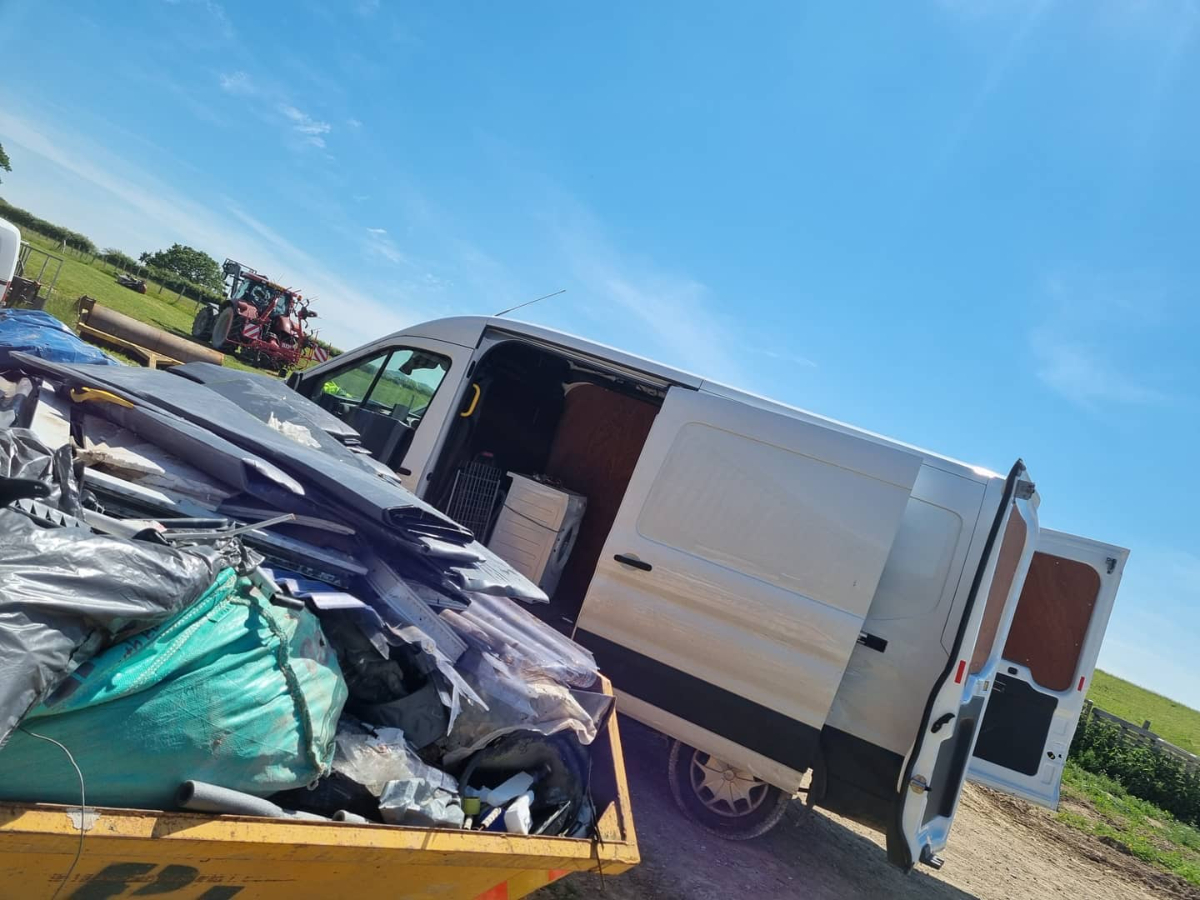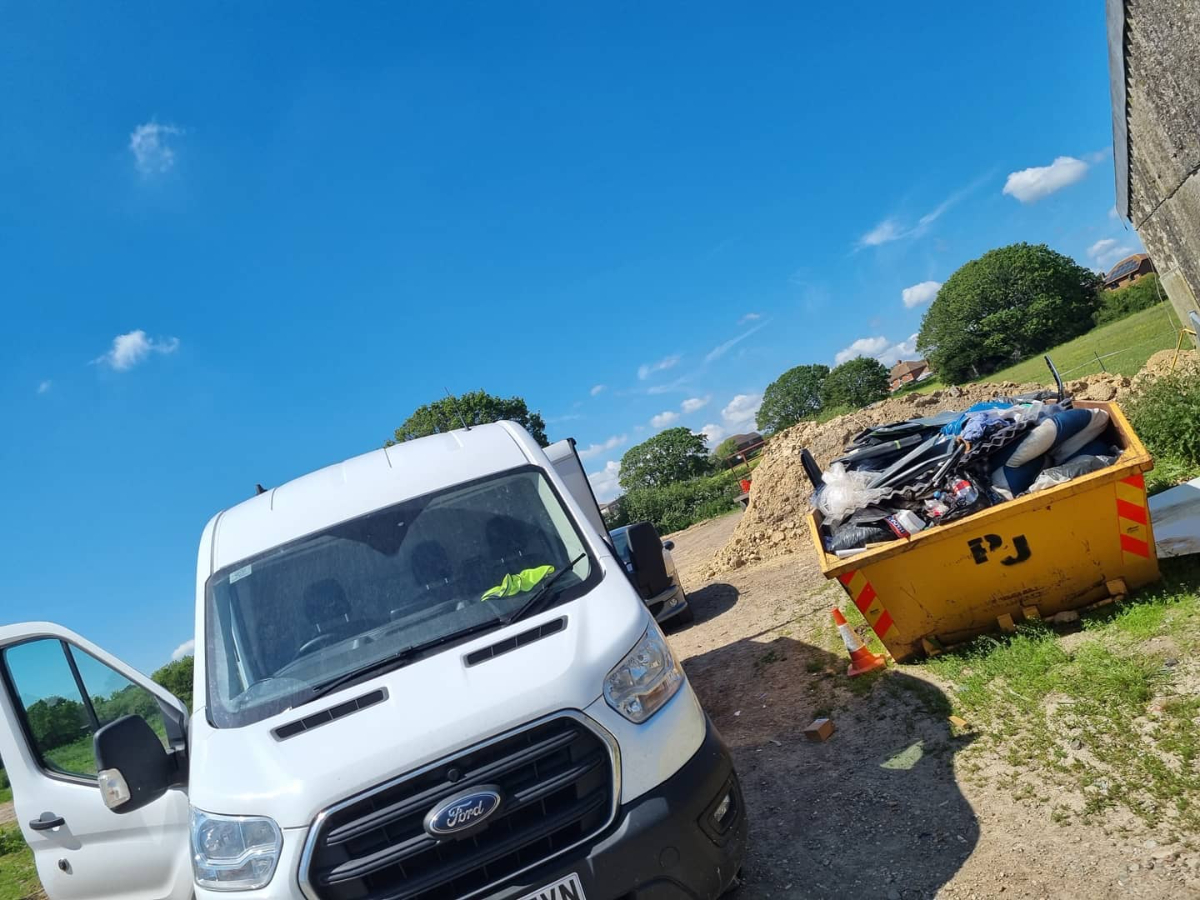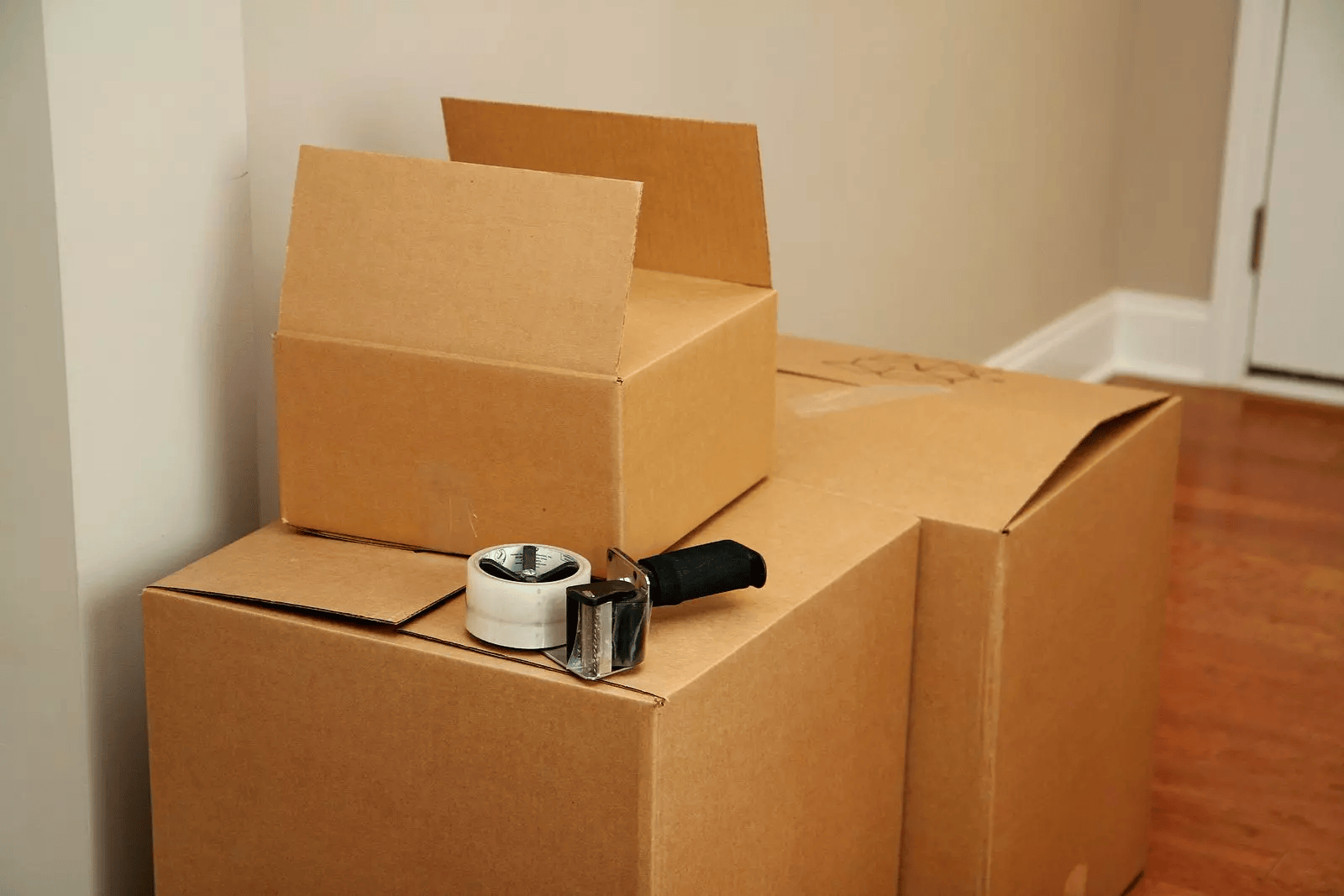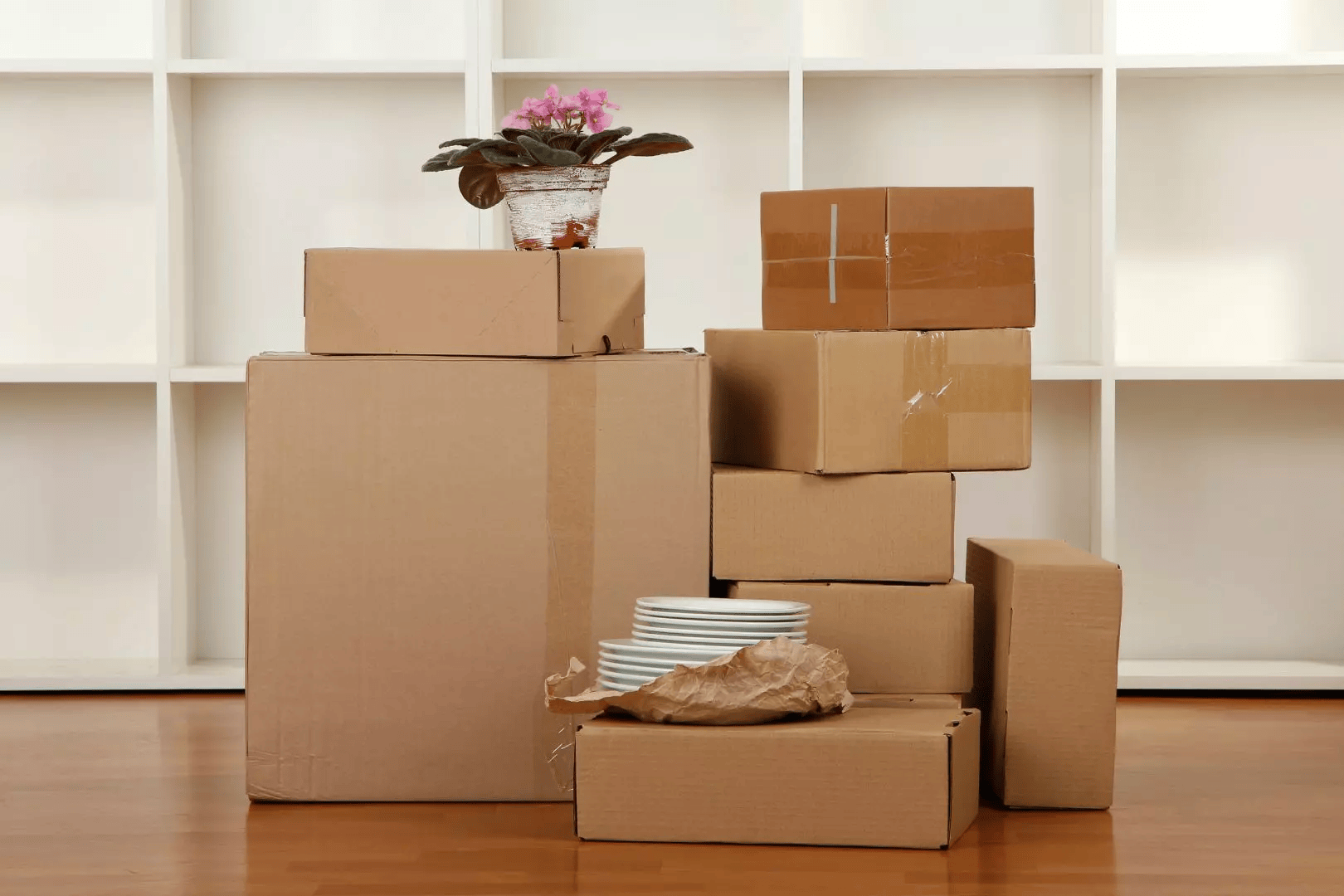Have you asked: what cannot be put in general waste? Learn why certain items must be disposed of separately and how improper disposal can impact the environment and public health. Discover alternative disposal methods and recycling options.
Recyclables
One category that should not end up in your general waste bin is recyclables. These include items made from glass, paper, cardboard, metal, and certain types of plastic. These materials are reusable and should be discarded in the recycling bin. Items like plastic bottles, food tins, drink cans, paper, and cardboard can easily be recycled. While tissues and some food-soiled papers are not recyclable, clean paper certainly is.
The reason is clear - recycling helps reduce the need to extract virgin materials, saving time and resources. Before disposing of these items, ensure you sort and clean them. Also, remember to separate them from your general household waste. It’s easy to find more detailed information about the types of items you can recycle in your local area. Keeping these items out of your general waste bin is a vital step towards a more sustainable future.
There are other types of waste that should not go into general household bins. Hazardous waste like batteries, electrical items, and chemicals should be disposed of separately. These items often contain substances that can be harmful to the environment if not handled properly. Batteries contain metals that can be recycled, but only at specific collection points. Old electronics like mobile phones, computers, and wires can often be recycled at designated facilities. Recycling e-waste ensures that valuable metals are recovered and reused rather than ending up in landfills.
Garden Waste
Surprisingly, your garden waste should not find its way into your general waste bin. This category includes grass clippings, leaves, branches, and other organic materials.
These items do not belong in your black bin and should be composted instead. Garden waste in the general waste bin takes up significant space and prevents this organic waste from being recycled. Instead of treating your garden waste as rubbish, think of it as a resource.
Many local authorities provide green bins or bags specifically for garden waste disposal.
Alternatively, a home composting system can turn your garden waste into a precious soil conditioner over time. Using a green bin or garden waste bag is a convenient way to ensure your organic waste is properly dealt with.
Most local authorities offer collection services for these bins. So you can easily dispose of your garden waste without piling it into your general waste bin. This not only helps in creating compost but also saves landfill space and reduces greenhouse gas emissions.
If you prefer a more hands-on approach, home composting offers an excellent solution. You can create a compost heap or use a compost bin in a corner of your garden. Over time, these materials will break down into rich, dark compost that can be used to improve your soil. Home composting can be a fantastic educational activity, particularly for children. It teaches them about recycling and the natural cycle of growth and decay in the environment. Plus, it's a great way to get the family involved in gardening and outdoor activities.
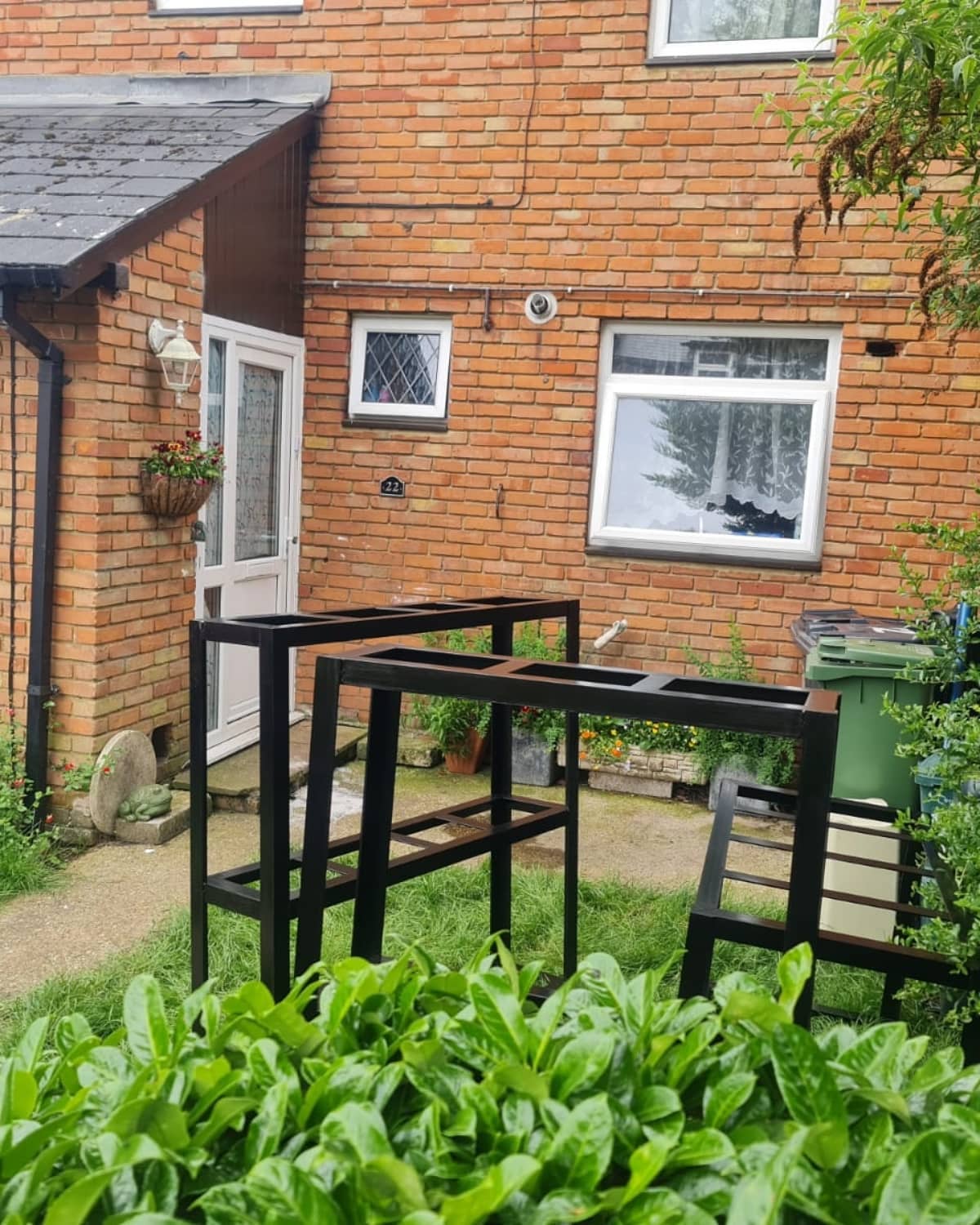
However, it's important to remember that some types of garden waste should not be composted. Weeds, diseased plants, and invasive species can harm your compost.
They should be disposed of through your local authority's garden waste collection service. In summary, putting your garden waste into your general waste bin is not the best option. Instead, use your local authority’s green bin service or start a home composting system.
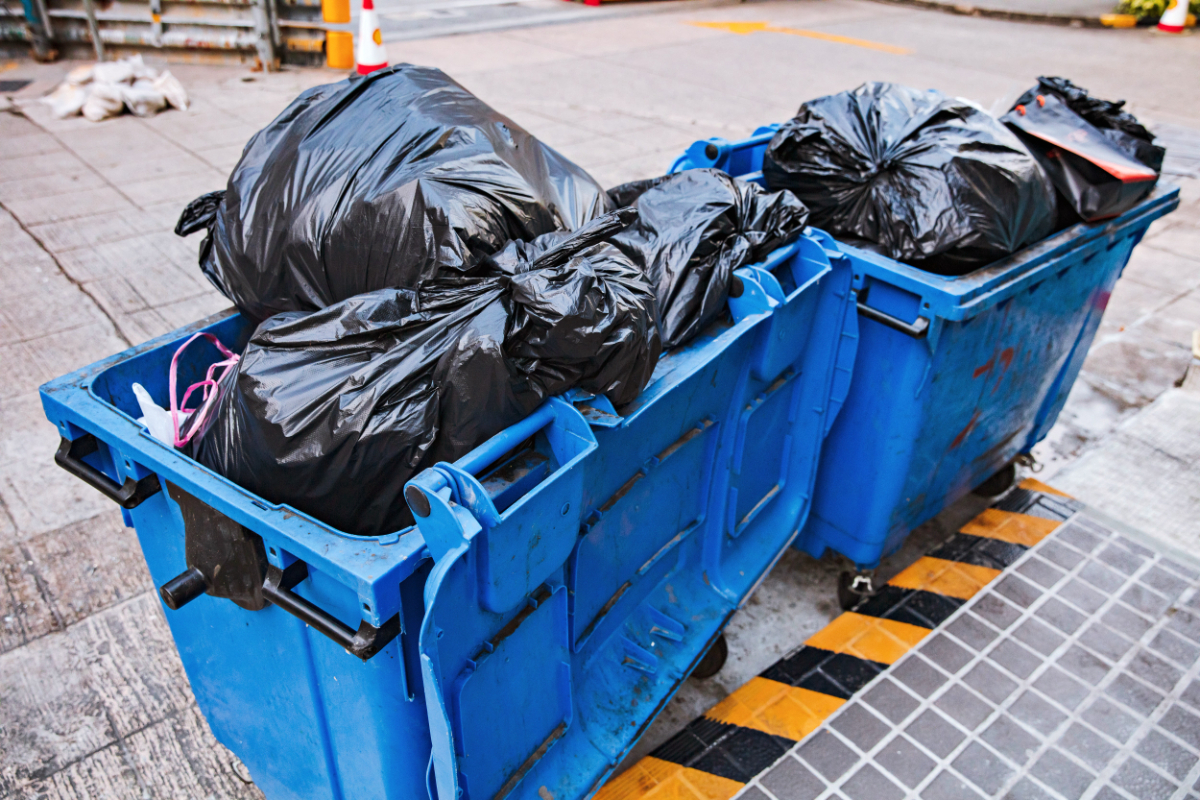
Bricks/Rubble
Next up is building waste, such as bricks and rubble. These items must not be disposed of in your general waste bin because of their weight and potential to damage collection equipment. Materials like bricks and rubble should be taken to a local recycling centre, where they can be processed appropriately. Some areas may have specific rules regarding the disposal of construction waste.
It is beneficial to find detailed information about your local disposal regulations. Many local councils have websites that provide extensive information about waste management. This includes the correct procedures for disposing of building waste materials. When preparing to take bricks and rubble to the recycling centre, it is important to know if there are any specific requirements you need to follow.
For instance, some centres may need you to separate different types of building waste. Additionally, considering the amount of waste you have, you might need to check if there are any limits on the quantity that can be disposed of for free. Charges may apply for larger amounts.
Making the effort to dispose of building waste not only helps to protect the environment. But also ensures that your waste is managed in a way that is safe and efficient. It prevents damage to waste collection vehicles and reduces the strain on landfill sites.
Hazardous Waste
Items classified as waste include batteries, paint, chemicals, and light bulbs. It also includes any substance that could be harmful to people or the environment.
Proper disposal of hazardous waste is essential to ensure the safety of waste workers and protect the environment. Hazardous waste needs to be disposed of through collection events organised for this purpose. Many communities have designated drop-off points or special collection days. This is where you can bring your hazardous items for safe disposal.
It’s important never to place hazardous materials in your general waste or recycling bin. Batteries, for example, contain metals and chemicals that can be dangerous if they leak.
Disposing of them improperly can lead to soil contamination, water pollution, and harm to wildlife. Similarly, chemicals and paint can be highly toxic and flammable. Posing severe risks during waste handling and processing. Light bulbs must also be disposed of properly to avoid environmental contamination.
Handling hazardous waste appropriately not only helps to avoid causing harm to waste workers. But also protects the general public and ecosystems. Everyone in the community needs to be aware of the correct procedures for disposing of these dangerous items.
If you’re unsure about how to dispose of a particular hazardous item, check with your local council or waste management authority. They can provide detailed information and resources to help you manage your hazardous waste responsibly.
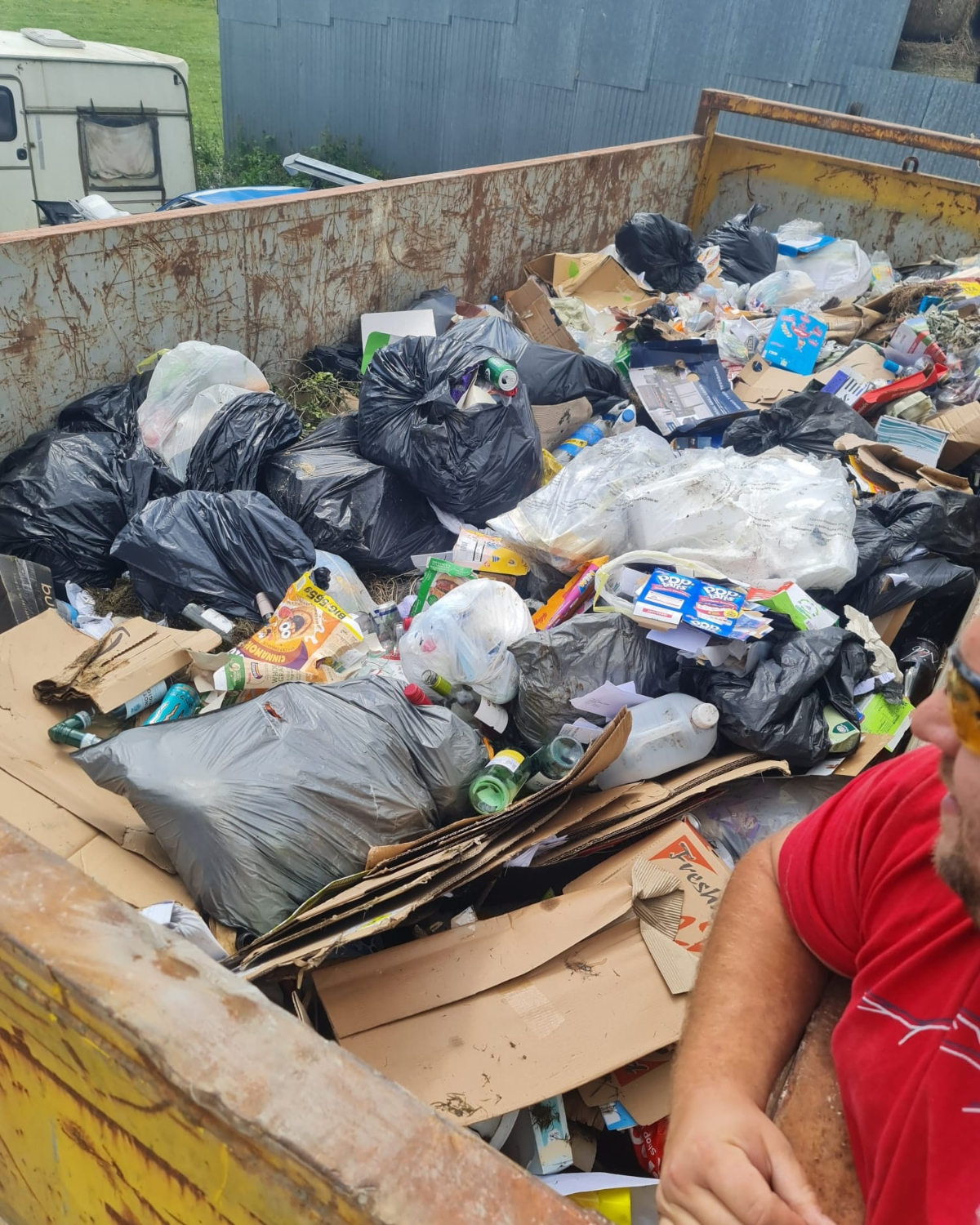
Electrical Waste
None of your electrical items should end up in your general waste bin. This category includes anything with a plug, rechargeable power source, or battery.
Firstly, it’s important to understand why disposing of these items properly matters. Electrical items contain components that can be harmful to the environment if not disposed of correctly. These can include heavy metals and other toxins that can leak into the soil and water if left in a landfill.
Disposing of them incorrectly can have serious environmental consequences. Instead, these items should be taken to a designated electrical waste recycling centre. These centres are equipped to handle and process electrical waste safely and efficiently.
They have the facilities to extract and recycle various materials, such as metals, plastics, and glass. These can then be reused in the production of new items. This process conserves natural resources and reduces the need for new raw materials.
Recycling electrical items not only keeps harmful substances out of landfills. But also promotes the sustainable use of resources. For example, many electronic devices contain precious metals like gold and silver, which can be recovered and reused.
Recycling helps to ensure these valuable materials don't go to waste. Moreover, proper recycling helps in reducing greenhouse gas emissions. Manufacturing new products from raw materials requires significant energy. Contributing to the carbon footprint. However, recycling materials from old products generally consumes less energy. Aiding in the fight against climate change.
You can usually find your nearest electrical waste recycling centre by checking with your local council’s website. Some larger retail stores also offer take-back services, where you can return old electrical goods. It’s a good idea to keep a box or a specific area at home for old electrical items, so you can easily take them to be recycled.
At Welcroft Lee Logistics, our team of local specialists provides hassle-free waste removal service, ensuring customer satisfaction. Whether it's a one-off project or a regular waste collection that you require, you can count on us.
